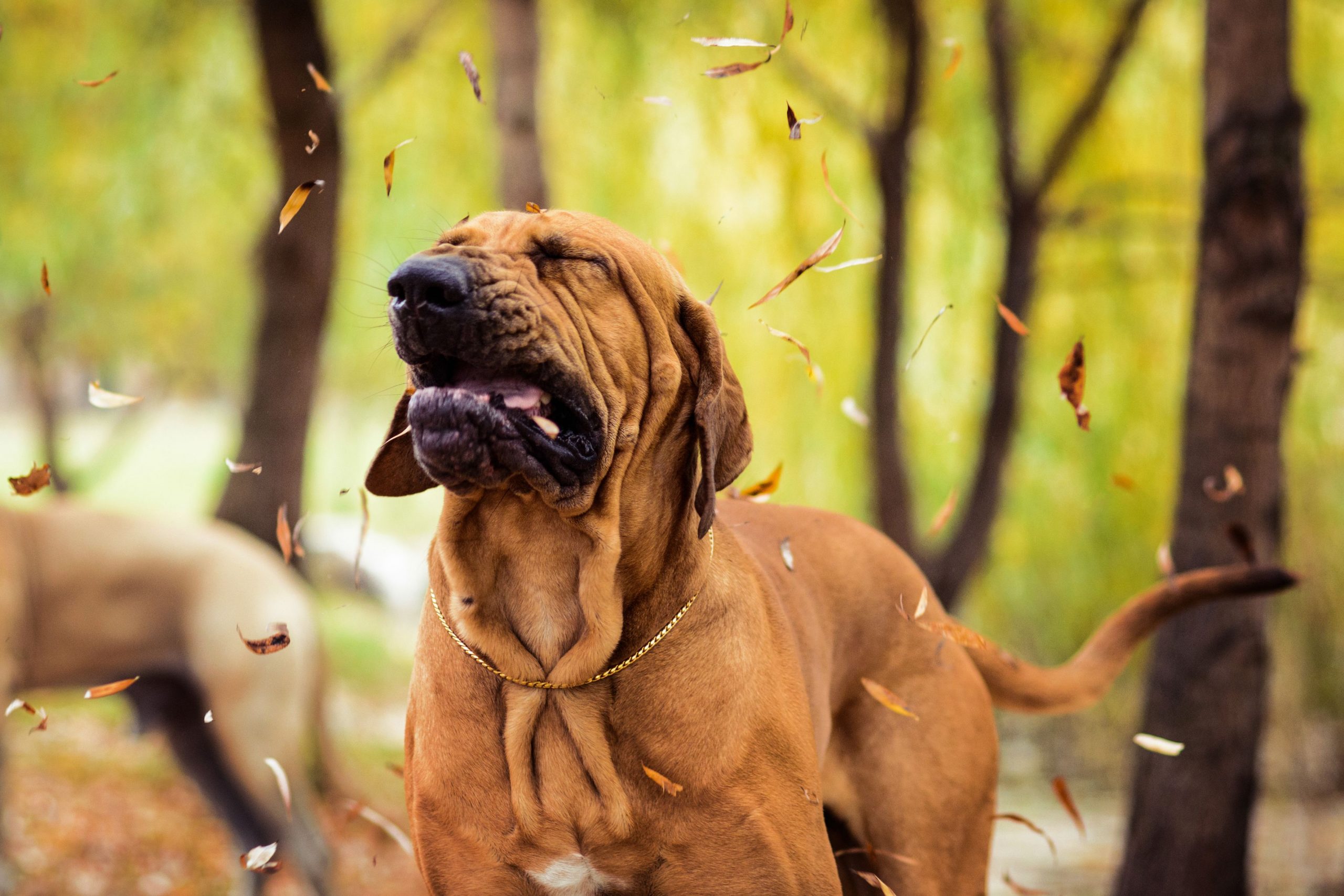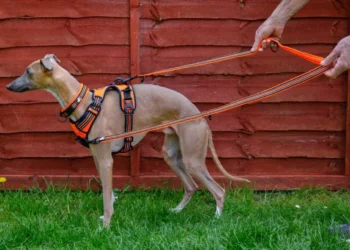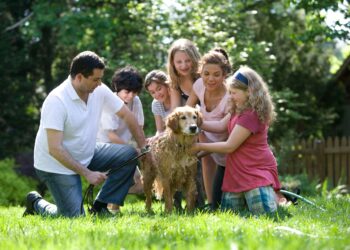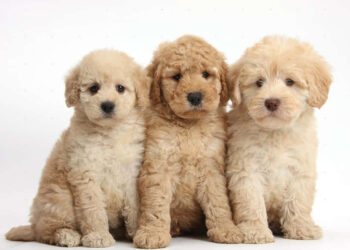dogs sneeze, cough and sniffle, pneumonia?
A dog can sneeze, cough and sniffle just like a human. The dog seems to have a cold, but this is not always the case. A foreign object in the nose, dental problems, an allergy, pneumonia, or a tumor cause the same complaints. A common cold usually goes away on its own, although the symptoms can be worse in a dog with reduced resistance. Infection occurs through contact with sick congeners. A cold can last for several weeks. Have the complaints not disappeared after a few weeks? Then a visit to the vet may be necessary. He or she can determine the cause through investigation.
Sneezing is a natural response of the body
Sneezing is the body’s natural response to irritants in the nose and lungs. These can be irritating substances such as pollen or tobacco smoke, but also objects that are sniffed. When sneezing, the dog inhales deeply and exhales forcefully. Due to the forceful exhalation, the body removes the foreign object.
Does the sneezing turn into a runny nose?
The object does not always disappear with the sneeze. The sneezing becomes less after a few days and turns into a runny nose. That doesn’t mean the problem is solved. The vet must remove the object (operatively).
Grasses can do a lot of damage
In the spring and summer, the grass will flower and form a seed. The seed has barbs that can only crawl in one direction. If grass gets into the nose, it creeps up further and further. The dog’s body reacts to this with an inflammatory response. Grasses never go away on their own. The vet has to remove them.
Inflammation and abscesses
Grasses hook themselves not only in the nose but also between the toes, lungs, ears, fur, and eyes. Sometimes the dog eats grass. The spikes penetrate everywhere and cause inflammation and abscesses. They can even crawl through the skin. To prevent this, it is important to check the dog’s coat after every walk.
Dental problems in dogs cause a runny nose
Bacteria in food scraps form plaque on a dog’s teeth. Plaque that has not been removed turns into tartar under the influence of mucus. Tartar irritates the gums causing inflammation easily. These inflammations can travel to the nasal cavity and cause a runny nose. Dental problems can be recognized by: a runny nose, deposits on the molars, red and receding gums, and bad breath. After solving the dental problems, the runny nose will disappear.
Sneezing due to an allergy
A dog can also have an allergic reaction to certain substances. Pollen, flowering grasses, and tobacco smoke irritate the respiratory tract. The body reacts to this with a runny nose or by sneezing. If there is hypersensitivity to certain substances, you can keep track of when the complaints occur. Based on this information, the vet makes the diagnosis and prescribes medication.
The growth of a tumor in the nose
Sometimes a tumor in the nose causes symptoms that resemble a cold. The dog has a stuffy nose, runny nose, or nosebleed. A CT scan can then provide clarity about the size of the tumor and whether the bone is affected. Treatment consists of radiation or surgical removal of the tumor. Lymph node cancer (malignant lymphoma) is treated with medications.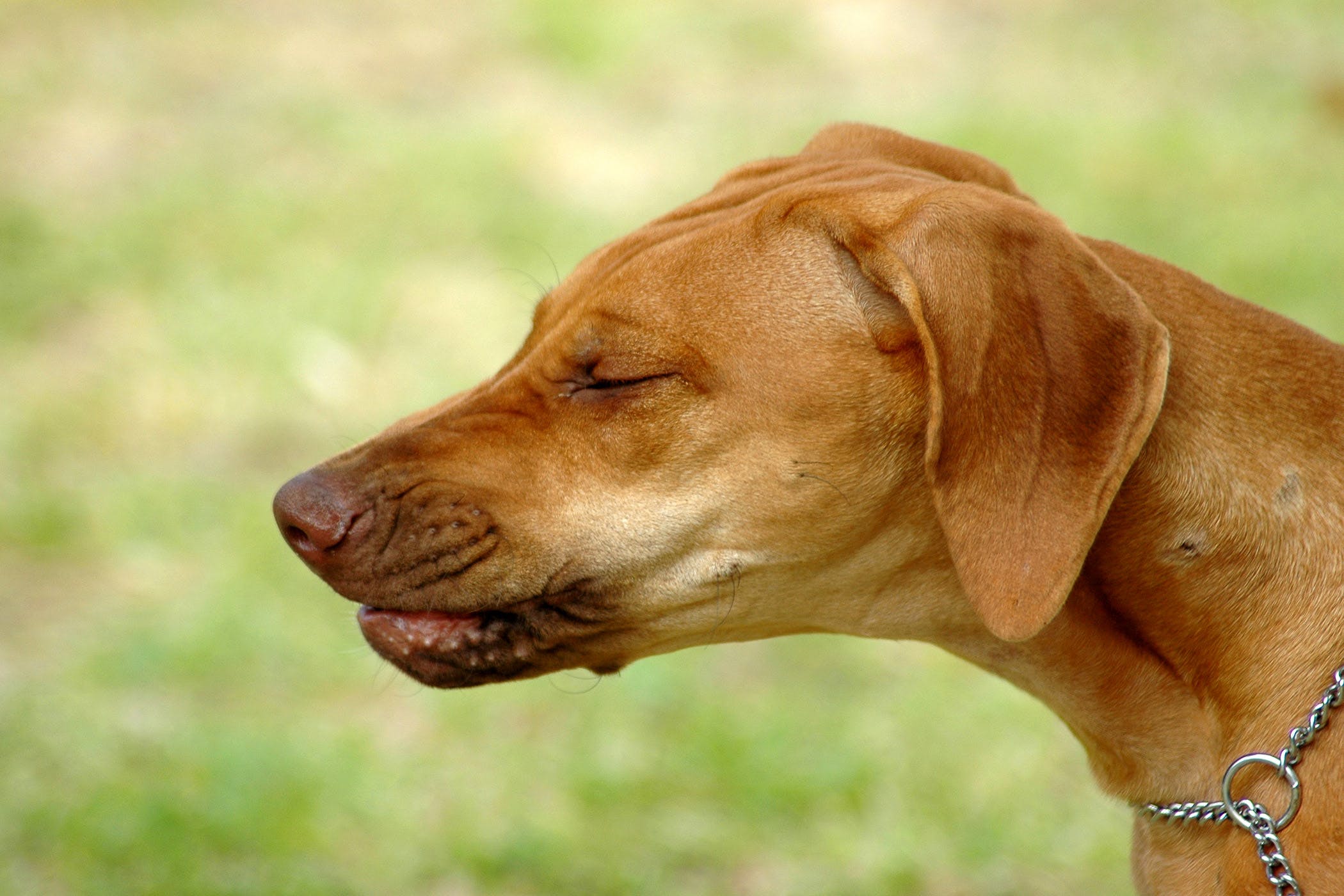
Cold or kennel cough
A cold in dogs is also known as “kennel cough.” Kennel cough is common and highly contagious. If the dog comes near a dog with kennel cough, he can transmit the virus through the air. Puppies, older dogs, and dogs with a reduced resistance run a greater risk of infection. In these dogs, the symptoms can also last longer.
What are the symptoms of a cold?
- Cough
- To sneeze
- Running nose
- listlessness
- Poor appetite
- Fever
When the dog coughs, it looks like something is stuck in its throat. He may also give up some liquid when coughing. Usually, a cold goes away on its own. But with a severe cold, it may take a little longer. The cough can last for several weeks.
What can you do with a cold?
- Let the dog rest a lot. Rest promotes healing.
- Provide plenty of fresh drinking water.
- Eliminate stress factors as much as possible.
- Exercise is good, but don’t go outside for too long.
- Provide a dust-free environment.
- Maintain a smoke-free home.
- In case of persistent complaints, it is better to consult a veterinarian.
Vaccinate against kennel cough
A dog that comes into frequent contact with other dogs (eg doggy daycare) runs a greater risk of kennel cough. As a precaution, you can have your dog vaccinated against kennel cough. However, vaccination does not provide complete protection. Having a good resistance is just as important.
Coughing from pneumonia
A dog with pneumonia coughs is short of breath and is panting. The stamina is reduced and the appetite disappears. Sometimes the dog is lethargic. The symptoms of pneumonia can differ from dog to dog.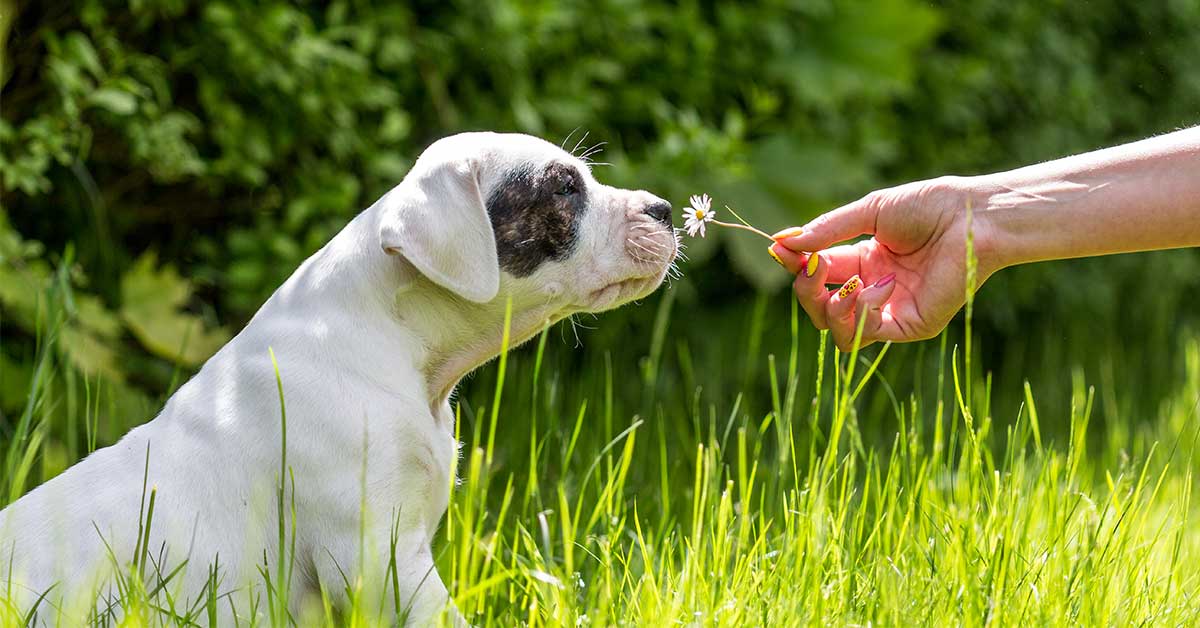
It starts with a cold virus
Young dogs are especially susceptible to infection with a cold virus. In itself, this is a harmless virus, but the virus does affect the resistance of the dog. Due to the reduced resistance, bacteria get the chance to multiply. This increases the risk of pneumonia.
antibodies in breast milk
A puppy receives antibodies through the mother’s milk that protect him against diseases. But the resistance is weak at the time when the mother’s antibodies decrease and her own immune system starts working. The puppy is then extra susceptible and is more likely to contract pneumonia.
Choking or swallowing foreign objects
Pneumonia can also develop after a dog chokes or swallows a foreign object. Bacteria and fungi enter the respiratory tract and cause inflammation. To prevent this, the dog will cough.
Healthy dogs almost never choke. It mainly occurs in dogs with, for example, swallowing problems, epilepsy, diabetes, or bronchitis. Dogs that vomit while under anesthesia are also more likely to develop pneumonia. The vomit can end up in the lungs.
The treatment of pneumonia
Pneumonia is usually treated with antibiotics. Sometimes the inflammation is caused by swallowing an object. The vet will then remove the object by means of a (look) operation. In some cases, it is necessary to remove part of the lungs.


